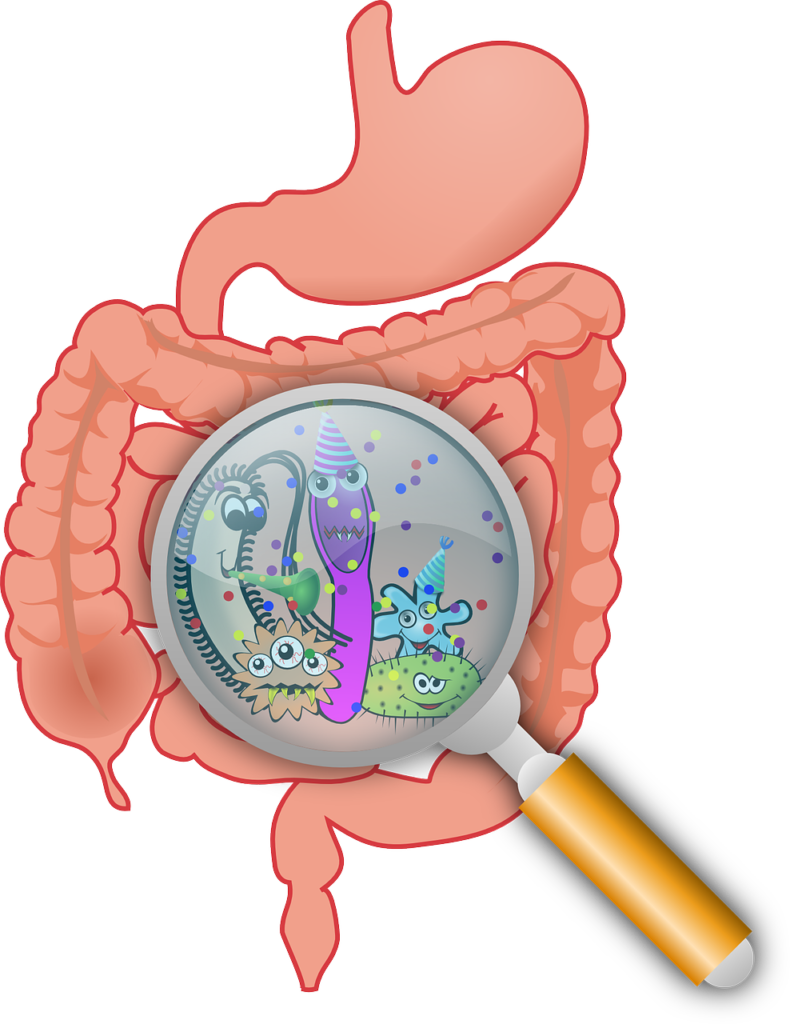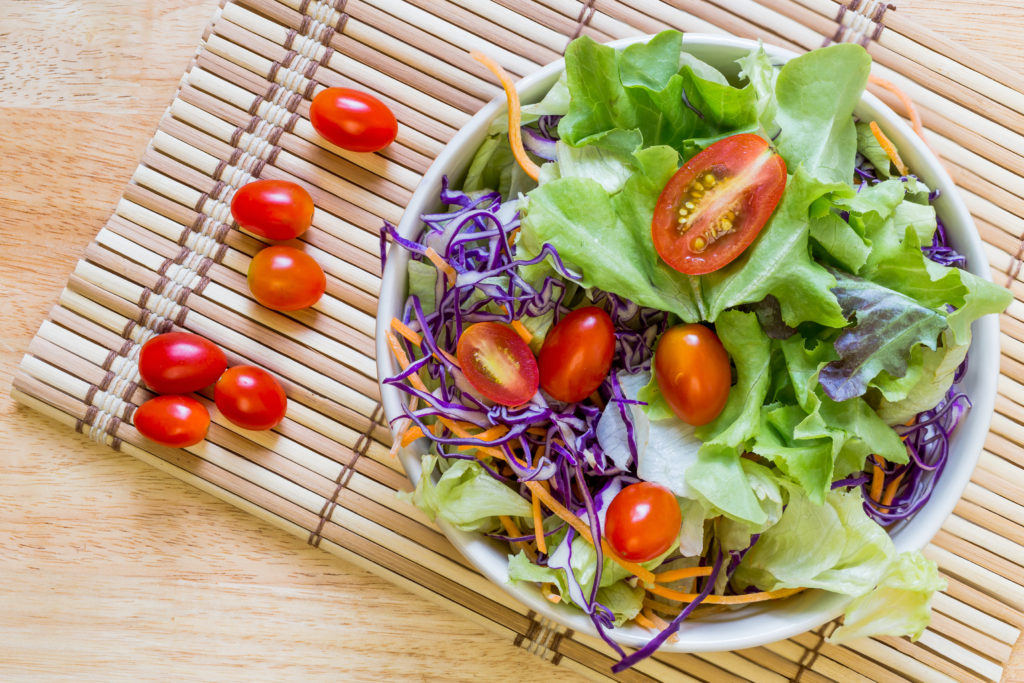Have you ever heard the phrase, “your gut is your second brain”? Well friend, today I’m going to share about the reality of that statement and share a bit of my journey to improving my gut health and mental health.
Have you ever wondered why you may feel nauseous or have butterflies in your stomach if you are nervous about something? It’s that brain-gut relationship! Sometimes our gut is telling us that we are stressed before we even realize it.
My Story
A few years ago, I would’ve shared in a wellness series about my experience of being diagnosed with irritable bowel syndrome during medical school. This is a functional gastrointestinal (i.e. involving the stomach and intestines) disorder. It composes of abdominal pain and altered bowel habit in the absence of a specific organic pathology (i.e. no tumour, infection, inflammation, nerve abnormality etc. is identified).
After a very stressful semester and exam season, I had presented to the doctor with complaints of bouts of abdominal cramping, excessive bloating, constipation, heart burn, fatigue, swelling of my feet, and mood swings with increasing feelings of anxiety. Subsequently, after years of various investigations, a diagnosis and treatment of H. pylori infection in the midst, struggling with episodes of anxiety and depression, it was concluded that I had irritable bowel syndrome (and bladder syndrome).

This diagnosis motivated me to do further research to understand this phenomenon of the brain-gut connection-something we don’t talk about in medical school. Over time I made intentional changes to my diet that focused on improving my gut health such as, using more prebiotic and probiotic rich foods and reducing those foods that cause inflammation in my gut, such as caffeine, gluten, diary and peanuts. Moreover, I added probiotics and digestive enzymes to my supplement regime which helped alot.
I also intentionally worked on my mental health by reducing and learning to manage my stress levels, seeking professional counselling, exercising on a regular basis and choosing to rest rather than overwork myself. These changes to my diet and lifestyle have significantly improved my mental health over the years, however, the journey has not been perfect as any acute stressors can throw my gut balance off and negatively impact my mental health. But God has been faithful over the years and the goal is to always get back up, give myself grace and don’t give up on my healing.
What is gut microbiome?

“Did you know that your gut health which is determined by the microbiome (i.e. micro-organisms or bacteria) in the gut, directly impacts your brain function, mental health, immunity and overall health?”
If the good and bad bacteria are off balanced in your gut (i.e. more bad than good), it leads to a reduction in the production of feel-good hormones (endorphins) because the nervous system in the gut cannot function properly. There is also increased susceptibility to infections, decreased ability to cope with stress and increased anxiety levels.
Ironically, high levels of stress and anxiety also cause a reduction in the good bacteria in the gut, surgery or recent infection, use of antibiotics and poor diets (full of sugar and processed foods) also negatively impact the good bacteria.
So, how can we improve our gut health (i.e. increase the good bacteria in our gut)?

- We can start by increasing prebiotic and probiotics in our diet. These can be taken:
- Naturally through diet- Prebiotics are fibre rich foods that probiotics feed on and include most fruits and vegetables. Probiotic rich foods are usually fermented and include aged cheese, yogurt, kefir, kombucha, kimchi, tempeh and fermented vegetables.
- Reduce foods that may increase inflammation in your gut such as sugar, gluten, processed foods, or any foods that you may be sensitive to such as diary, wheat, nuts
- Increase your water intake, aiming for half your body weight in ounces
- Keep your body moving. This helps to create endorphins and keep your bowels moving
- Make time to rest and unwind, your body and mind need to destress daily
- Consider seeking professional counselling for additional help
I hope that this blog shined some light on the gut-brain connection and provided some helpful tips to improve your gut microbiome and resultant mental health. I also pray that you would experience a healing touch from God even as you read this article. God bless!
What ways do you need to intentionally work on your gut health today?
Yours truly,
Esther Trotman (M.B.B.S, PGDFM)
References:


Leave a Reply
You must be logged in to post a comment.